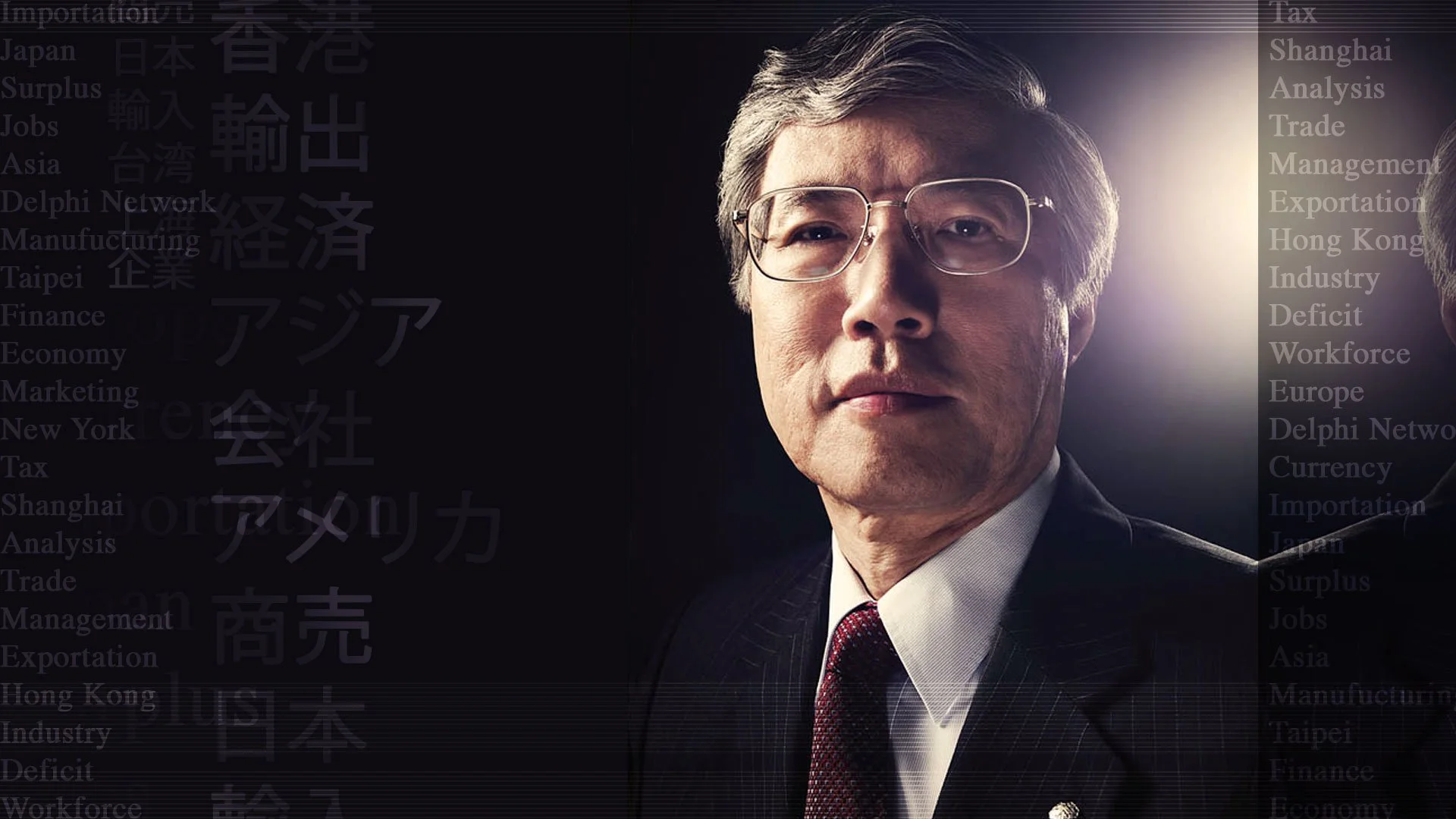Thinking Smarter: The Insights of Richard Koo
Japan currently boasts one of the most articulate and independent economists in the world.
A Freshfields Tokyo Seminar on Global Economics and Japan's Lessons for the World
I recently organized and chaired the latest Freshfields Thinking Smarter Tokyo seminar, which featured Richard Koo, the chief economist at Nomura Research Institute. Richard is an ideal speaker because he possesses a truly valuable skill: the ability to understand Japan within a broad, global context. This perspective is a core tenet of the Delphi Network and something I am personally adopting to avoid becoming a "Japan nerd."
One of the most compelling aspects of Richard’s work is his heterodox thinking. He consistently challenges the mainstream narrative that has long portrayed the Japanese economy as hopelessly broken. Instead of subscribing to the popular, but flawed, consensus, he offers a more optimistic and, in my view, more accurate account. He showed that despite cultural stereotypes, high-spending Americans behaved just like "frugal" Japanese consumers after a crisis, proving that economic behavior is often more universal than we assume.
Richard also offered a powerful defense of the much-maligned Japanese government. He highlighted that while US GDP contracted by over one-third during the Great Depression, Japan’s GDP never fell below its pre-bubble peak—a truly astonishing achievement. He argued that the government's massive fiscal stimulus was not a failure but a necessary intervention. His "cast-iron rule" is simple: when the private sector is paying down debt, the government must step in to prevent a deadly deflationary spiral.
His most radical points focused on Quantitative Easing (QE). After analyzing the data, he has concluded that QE is useless for stimulating bank lending. This is because people and companies simply won’t borrow for decades after their assets have collapsed in value. He also warns of a dangerous QE trap, where central banks, having flooded the system with cash, will be forced to sharply raise interest rates as soon as prices begin to rise, thereby defeating the purpose of QE. For these reasons, he firmly favors fiscal policy over monetary policy.
This independent stance puts him at odds with many influential economists. Richard is not a pure Keynesian or monetarist; he formulates his views by talking to people and looking at the data, not by adhering to a specific ideology. This is exactly why he was the perfect speaker for our "Thinking Smarter" series.

